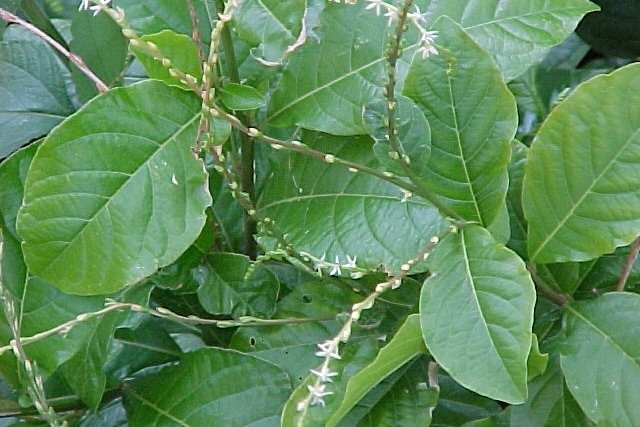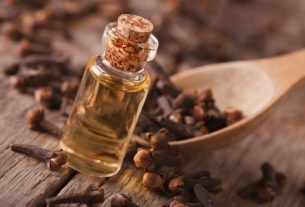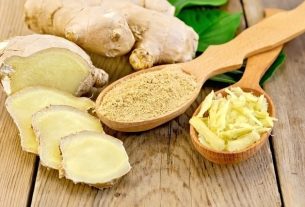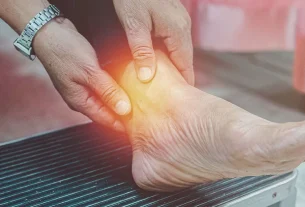Guinea is a medicinal plant of the species Mischief alliacearich in flavonoids, sterols, alkaloids, coumarin and benzyl trisulfide, with diuretic, anti-inflammatory, antirheumatic and sedative properties, which is why it is popularly used to treat headaches, anxiety or rheumatism, for example.
The normally used part of guinea, also popularly known as possum tail or amansa sir, are the leaves, from which active substances, with medicinal properties, are extracted to prepare tea.
Guinea can be purchased in some natural product stores and compounding pharmacies, however, it is important that its use is indicated and guided by a doctor or herbalist, as it is a plant that can cause poisoning.
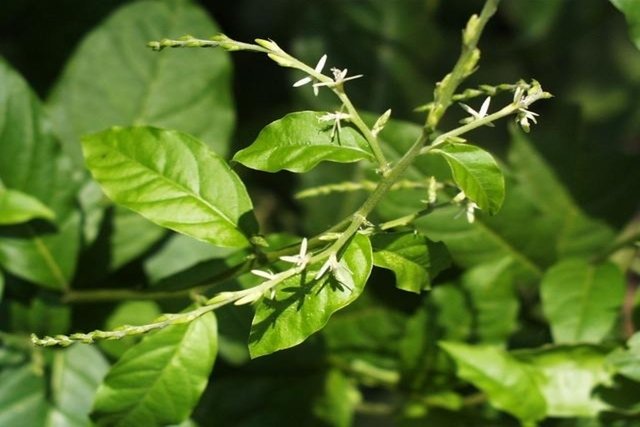
What is it for
The guinea plant has diuretic, antirheumatic, analgesic, depurative, anti-inflammatory, analgesic, antimicrobial, abortifacient, hypoglycemic and antispasmodic properties, and can be indicated for:
- Headache;
- Eye pain;
- Rheumatism;
- Toothache;
- Sore throat;
- Lack of memory;
- Infection by microorganisms;
- Lung and respiratory infections.
Furthermore, due to its ability to act on the nervous system, this plant can also be used to treat depression, anxiety or epilepsy, in addition to being able to stimulate cognitive abilities.
Despite having health benefits, guinea is considered toxic, so it is important that it is used as directed by your herbalist or doctor.
How to use
The most commonly used form of guinea is tea, which is made using the dried leaves of this plant.
It is important to highlight that guinea is a toxic plant and, therefore, its use for therapeutic purposes must be recommended by a doctor or herbalist.
Ingredients
- 2 tablespoons (20 g) of dried guinea leaves;
- 1 cup of water.
Preparation mode
Boil the water and pour it into a cup. Add the dried guinea leaves and let it rest for about 10 minutes. Strain, wait for it to cool and drink the tea according to the therapist’s instructions.
In addition to tea, you can inhale the plant, helping to alleviate symptoms of anxiety and nervousness, for example.
Possible side effects
Due to its action on the brain, prolonged use or in large quantities of the guinea plant can result in drowsiness, insomnia, restlessness, hallucinations, apathy, mental confusion, tremor, lack of motor coordination, changes in the central nervous system, convulsions and, even even death.
Therefore, the use of guinea should only be done with medical advice or from a health professional with experience in medicinal plants, who can indicate the correct dose and duration of treatment with this plant.
Who shouldn’t use
Guinea should not be used by pregnant women as it has an abortifacient effect. Furthermore, this plant should not be used by children or breastfeeding women.
Guinea should also not be used by people with circulatory or heart problems, or who use anticoagulants, such as warfarin, as it may increase the risk of bleeding.
Bibliography
- SILVA, ML; et al. Petiveria alliacea exerts mnemonic and learning effects on rats. J Ethnopharmacol. 169. 124-9, 2015
- RANDLE, M. M.; et al. A Systematic Review of the Traditional and Medicinal Uses of Petiveria alliacea L. In The Treatment of Chronic Diseases. Journal of Plant Science and Research. 5. 1; 179, 2018
- LUZ, DA; et al. Ethnobotany, phytochemistry and neuropharmacological effects of Petiveria alliacea L. (Phytolaccaceae): A review. J Ethnopharmacol. 185. 182-201, 2016
- GOMES, PB; et al. Central effects of isolated fractions from the root of Petiveria alliacea L. (tipi) in mice. J Ethnopharmacol. 120. 2; 209-14, 2008
- KIM, S.; et al. Antibacterial and antifungal activity of sulfur-containing compounds from Petiveria alliacea L. J Ethnopharmacol. 104. 1-2; 188-92, 2006
- DA LUZ, Diandra A. Petiveria alliacea L.: Ethnobotany, phytochemistry, neuropharmacological and cognitive effects. Postgraduate Thesis, 2016. Federal University of Pará.
- SILVA, João P. B et. to the. Antimicrobial and Anticancer Potential of Petiveria alliacea L. (Herb to “Tame the Master”): A Review. Phcog Rev. 85-93, 2018
- CARMARGO, Maria Thereza LA Ethnopharmacobotanical contribution to the study of Petiveria alliacea L. –Phytolacaceae– (“amansa-senhor”) and the hypoglycemic activity related to mental disorders. Dominguezia. Vol 23. 1 ed; 21-27, 2007


